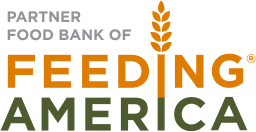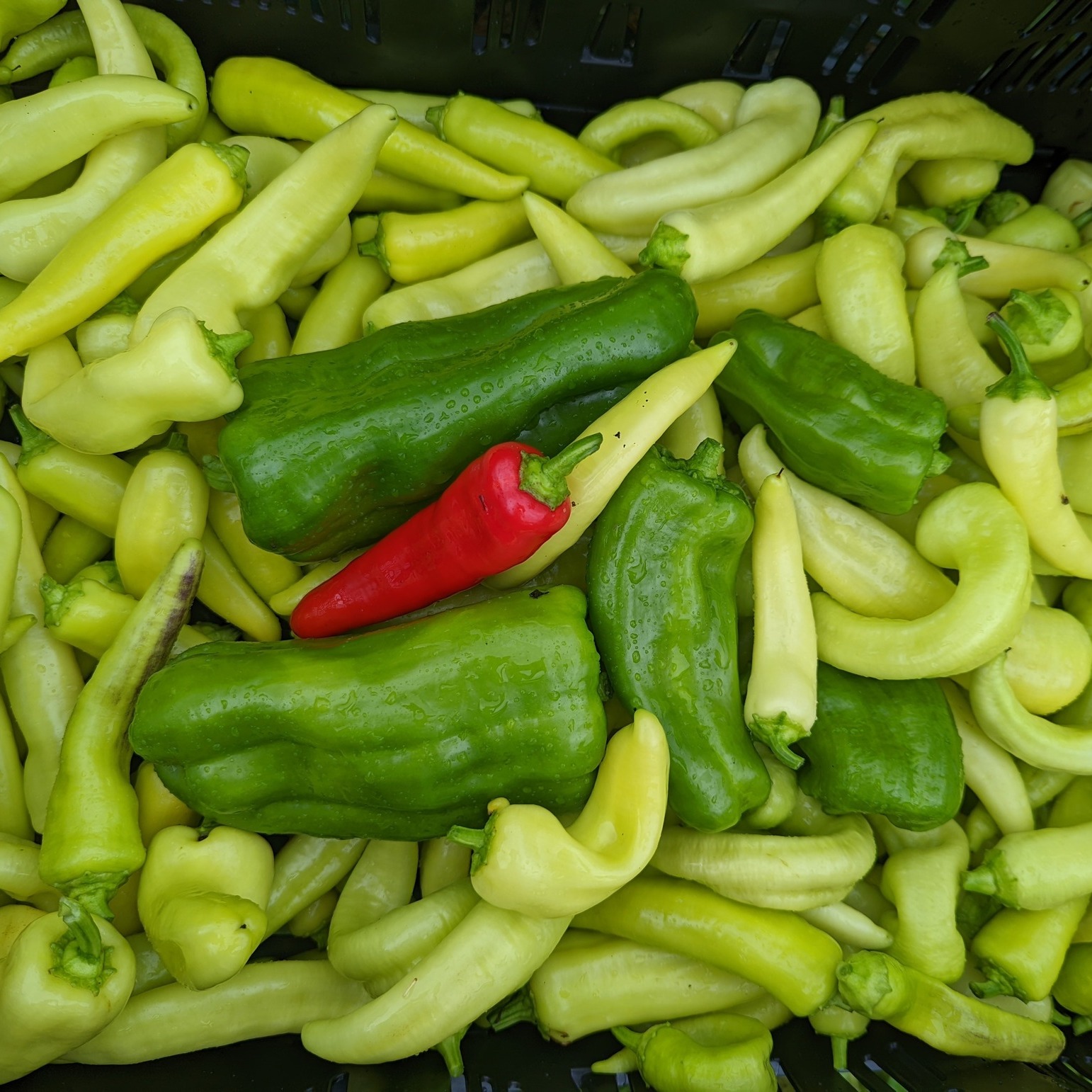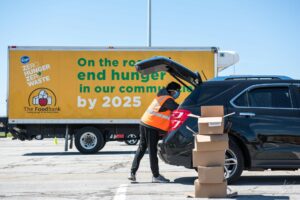By MariAlexxa Holman, Direct Marketing Coordinator
When you hear the word “garden” your first thought is unlikely “advocacy”, but The Foodbank, Inc.’s Garden Team is here to change that perception. Spring is in full swing, and summer is just around the corner–the busiest time of year–but the Garden Team has been busy all winter long.
So What Do They Do?
Food Production:
We talk a lot about what happens in our Urban Garden, like fresh produce grown and harvested from our 40 raised beds to distribute through our partner agencies and Drive Thru, or the hydroponic greenhouse, growing over 15 different kinds of lettuce that can be kept fresh at home in water for up to a month, and the first of its kind in our region, in-vessel compost system that we not only use for nutrient-rich soil for produce, but also for eliminating waste and food spoilage in our warehouse. Last year, The Foodbank was able to achieve only 1% of food waste out of over 16.5 million pounds of food distributed—and the composter is one of the reasons why.
Food Justice Advocacy:
Along with the incredible fresh produce and composting, The Garden Team has their hands deep in other initiatives behind closed doors: advocacy. This initiative began after the start of their composting work; the team wanted to share what they had learned with the community in hopes of encouraging other businesses and organizations to start composting. The team began attending community meetings and quickly noted the gaps in services in low-income zip codes. Often, opportunities and resources are disproportionately allocated to areas of more wealth, leaving the most vulnerable zip codes forgotten. This disparity is especially evident in Dayton due to historical segregation. Recognizing the need to address systemic issues related to food access, The Garden team advocates for policies that support equitable distribution of food resources.
Environmental Sustainability:
The Garden Team utilized composting to connect with the wider Dayton community. Partnering with Closed Loop Partners and the Composting Consortium in a composting pilot study two years ago, they contributed to the largest disintegration study for certified food-contact compostable packaging in North America. We were one of 10 composting facilities participating over the course of 18 months. This initiative not only reflected their commitment to sustainable food systems and reducing food waste but also shone a light on Dayton’s efforts towards sustainability.
Community Outreach and Education:
What started as a vegetable garden for the community blossomed into a hub of greenery and opportunity in the 45417 zip code. The team introduced a composting program for the local community to come drop off their food scraps, making composting and ecological education accessible in a historically underserved area. Furthermore, they offer educational programs for college students through local partnerships and frequently host school tours, teaching the next generation about sustainable food practices, gardening techniques, and nutrition.
Conclusion
While food production slows down during the winter, the Foodbank Garden Team remains active and engaged in our mission all year round. The Team is proudly at the forefront of ecological sustainability in Dayton, and they play a crucial role in empowering our community to grow their own food, improve access to healthy options, and strengthen resilience against food insecurity.
If you are interested in reading more about what the Urban Garden is up to, you can find their May Community Gems feature article from the Dayton daily News:





No comment yet, add your voice below!